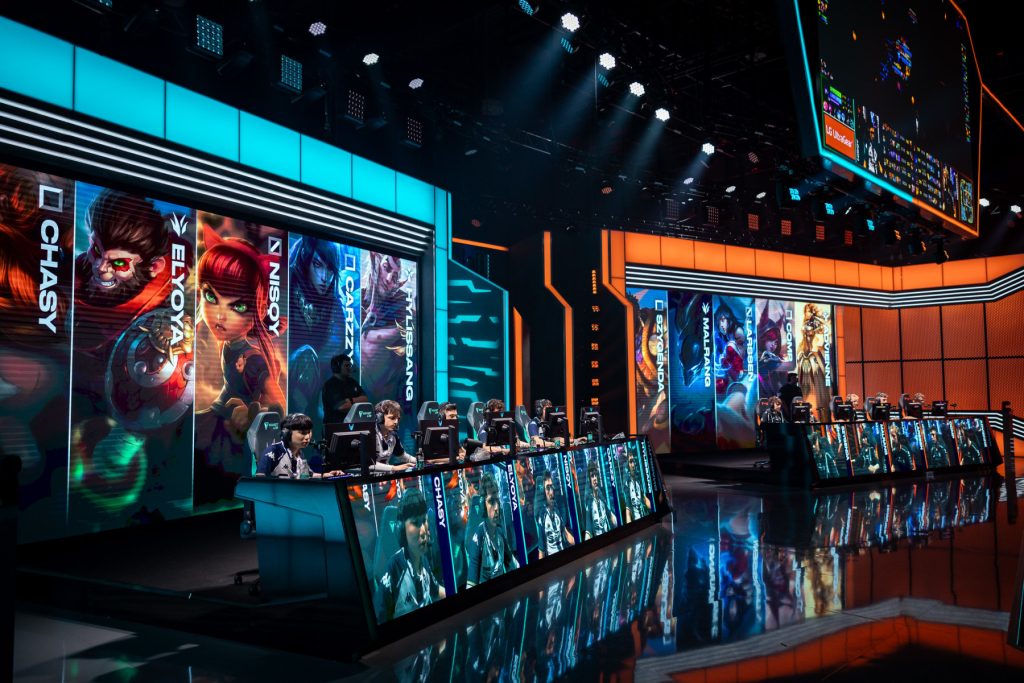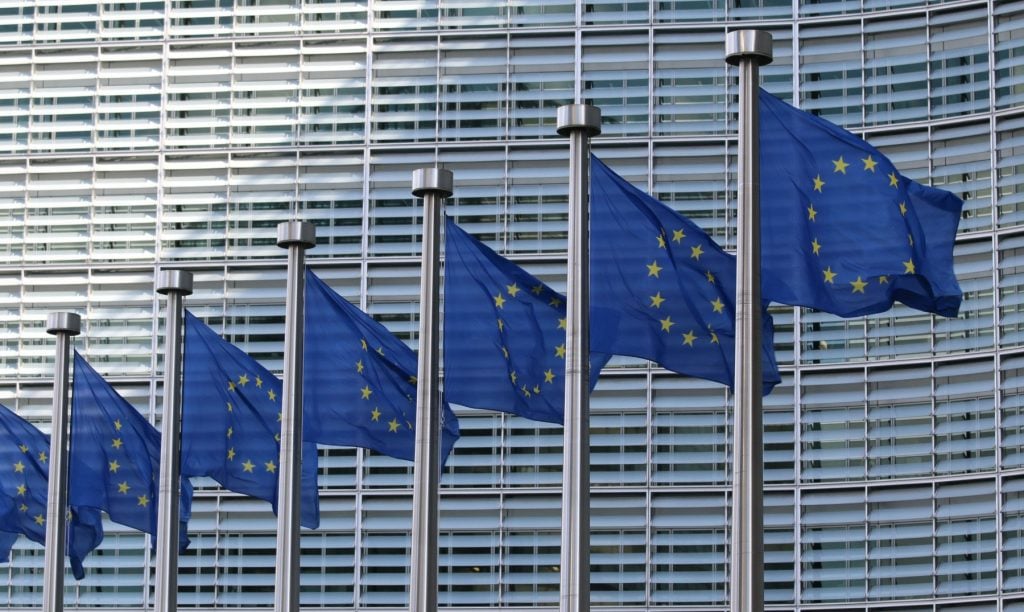
The Sporting Monetary Laws (SFR) is basically a wage cap mechanism making use of to groups within the league. Briefly, the SFR works by incentivising groups to maintain wage spending below a most quantity.
Much like the mannequin utilized in US franchised sports activities just like the NBA, the SFR adopts a luxurious tax system, the place groups who spend over the brink on participant salaries should pay a payment proportional to how a lot they overspend. Riot Video games hasn’t publicly introduced the LEC’s wage cap threshold, however Blix.gg reported it was €2m (~£1.73m) yearly. Any charges raised are distributed between non-offending LEC groups and the tier-two EMEA League of Legends scene.
It mirrors initiatives Riot has launched in its different leagues. The SFR appeared in Korea’s home league, the LCK, in July this 12 months. It had beforehand been utilized to China’s league, the LPL, beginning in 2020 and rolled out step by step over a number of years.
The wage cap mechanism is a response to the unsustainably excessive prices of participant salaries in esports. Esports gamers are capable of command exorbitant salaries which have grown at a a lot faster fee than crew revenues. Between 2017 and 2019, the common wage in League of Legends’ North American League (LCS) jumped from $107,000 to $300,000. By 2021, that quantity had reached $410,000 (~£336,000), Digiday reported.

For star gamers, it’s even increased; In North America, TSM signed Hu ‘SwordArt’ Shuo-Chieh for $6m (~£4.9m) over two years in 2020, and Luka ‘Perkz’ Perković was reportedly on $2m a 12 months in 2021. Within the LPL, Blix.gg reported, Zhuo ‘knight’ Ding was at one level incomes $6.6m yearly, whereas no less than seven different Chinese language gamers had been on over $4.4m per 12 months.
The introduction of wage caps by Riot Video games throughout its main League of Legends leagues (bar the LCS) spells excellent news for groups in esports, a lot of whom see unaffordable participant salaries as a big barrier to sustainability.
Buoyed by an inflow of funding and enterprise capital funding as esports hype grew over the latter half of the 2010s, participant salaries ballooned as groups had been capable of tolerate losses with the intention to signal successful rosters and aggressively develop their manufacturers by way of aggressive success.
Nonetheless, the esports business has since undergone a market correction wherein many companies have been pressured to shut because of excessive prices and a scarcity of sustainability — in no small part due to player salaries.
A number one esports government at a crew competing in a top-flight League of Legends league advised Esports Insider {that a} wage correction is sorely wanted in esports, whether or not that’s led by groups themselves or by publishers.
Todd Harris, CEO of Ghost Gaming, agreed. He argued a publisher-imposed wage cap was an efficient technique of preserving salaries practical. “It isn’t a step that will be standard on Reddit and Twitter, however could be tremendous useful for preserving [publishers’] esports properties and the crew orgs sustainable and round for the long run. It will give much more predictability for gamers and groups, and preserves the motivation for finest gamers to receives a commission extra.”

Regulatory scrutiny
But questions stay surrounding the wage cap mechanism. The LCS, notably, is just not topic to wage cap restrictions.
When Activision Blizzard tried to introduce a ‘aggressive stability tax’ to its franchised esports leagues — which labored virtually identically to Riot’s SFR — the US Division of Justice sued the writer, claiming the tax unfairly suppressed participant wages. Activision Blizzard and the Division of Justice settled the suit in April.
Philip Aram, Govt Director of the LCS Gamers Affiliation (LCSPA), advised Esports Insider that whereas the LCSPA can not touch upon issues regarding European Union labour legislation, implementing related SFR restrictions unilaterally within the US could be unlawful.
Aram beforehand told Esports Insider in an article in January that wage caps wouldn’t work in esports with out unionisation. “[A salary cap] could be an enormous restraint on commerce and would draw antitrust considerations in nearly any nation, definitely in the US,” he stated on the time.
Wage cap mechanisms are capable of work in conventional sports activities just like the NBA and NFL as a result of they’re sometimes a results of two-way negotiation between participant unions and the league. In esports, nonetheless, unions don’t exist — and publishers maintain absolute energy over their IP, majorly complicating the dynamic.
The LEC’s wage cap should draw regulatory scrutiny in EMEA. A lawyer with expertise working in esports advised Esports Insider that Riot Video games’ implementation of a wage cap into the LEC would “definitely draw antitrust consideration.”
The lawyer, nonetheless, added that Riot Video games would doubtless have consulted authorized counsel earlier than asserting the extension of the SFR into Europe.
Further questions stay, too, about how excessive the wage cap threshold is or ought to be. If Blix.gg’s reported €2m most is correct, it may show a shock correction to some groups’ spending. Globally, some particular person gamers on their very own have commanded above that threshold, although European League of Legends salaries have sometimes been extra conservative than rival leagues such because the LCS.
No matter the way it pans out, the introduction of the SFR into the LEC is an enormous, and vital, play by Riot Video games to assist promote sustainability in its ecosystem. Riot admitted so itself in a blog post asserting the transfer.
“In [adding the cap], the LEC seeks to create a financially sustainable setting for its professional gamers, partnered groups, and the league itself, permitting all events to develop at a wholesome and scalable tempo, and shield the ecosystem from unsustainable spending practices.”
Source link


